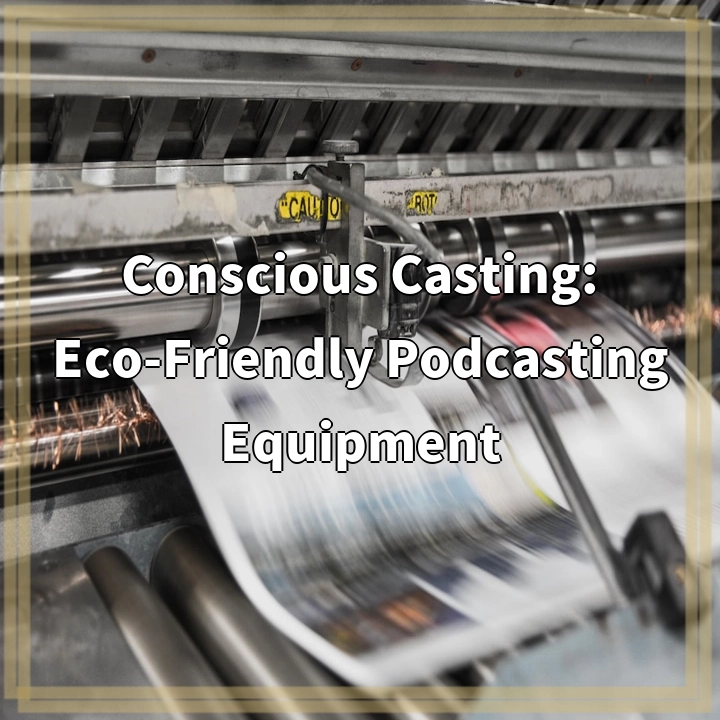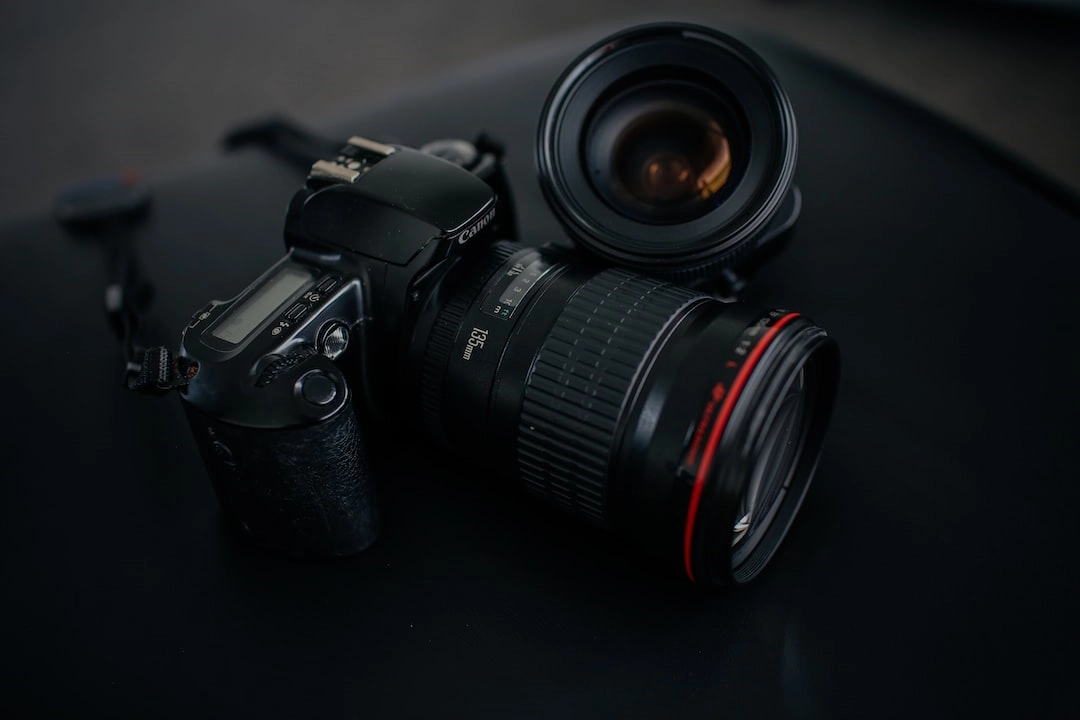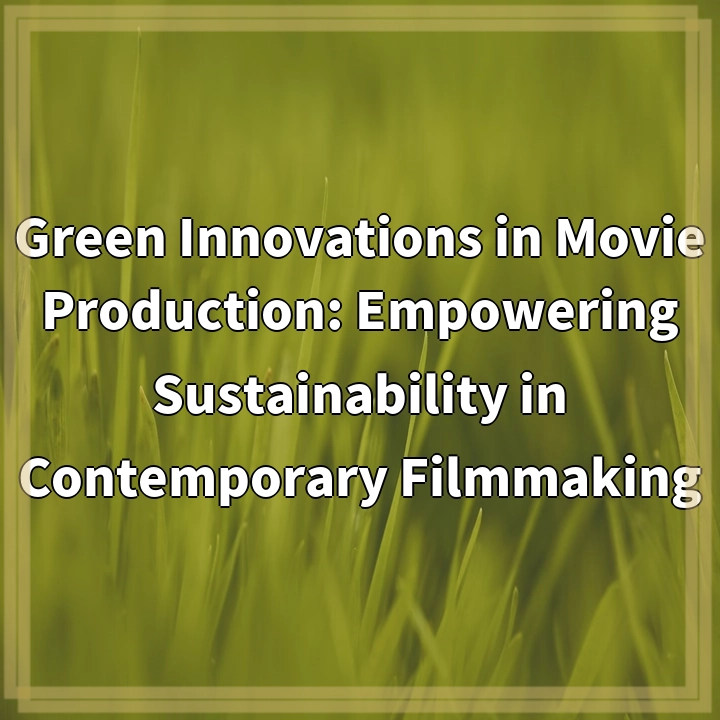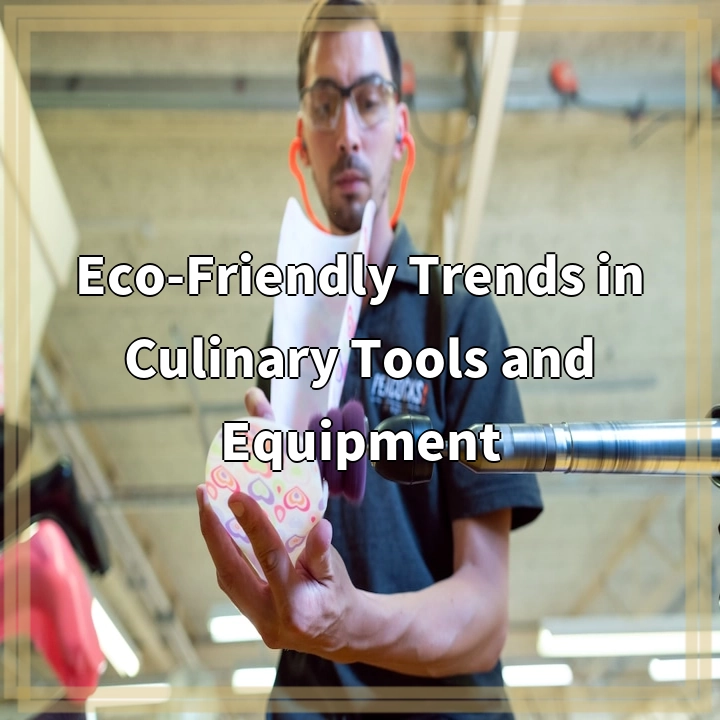
What is Conscious Casting: Eco-Friendly Podcasting Equipment?
Podcasting has become a popular form of media, providing a platform for individuals and organizations to share their thoughts and expertise with a global audience. However, the environmental impact of podcasting equipment and production processes is often overlooked. Conscious casting refers to the use of eco-friendly podcasting equipment, which aims to minimize the carbon footprint and reduce environmental harm throughout the podcasting process.
Real-World Problems Associated with Non-eco-friendly Podcasting Equipment
While podcasting offers a great avenue for expression and information sharing, the conventional equipment used in the industry has some detrimental effects on the environment. Here are some of the real-world problems associated with non-eco-friendly podcasting equipment:
1. Energy Consumption:
Traditional podcasting equipment, such as energy-intensive microphones, recording devices, and studio setups, consume a significant amount of electricity. This contributes to carbon emissions and the excessive use of non-renewable energy sources.
2. Electronic Waste:
Obsolete or broken podcasting equipment often ends up in landfills, which poses a significant environmental threat. These devices contain hazardous components such as lead, mercury, and cadmium, which can contaminate soil and water, impacting both human health and ecosystems.
3. Resource Depletion:
The production of non-eco-friendly podcasting equipment, which relies on materials like plastics, metals, and rare minerals, contributes to resource depletion. Unsustainable mining practices and extraction methods can result in the destruction of natural habitats and ecosystems.
4. Carbon Footprint:
The manufacturing and transportation processes of non-eco-friendly podcasting equipment release carbon emissions into the atmosphere. This, coupled with the energy consumption during usage, further exacerbates the carbon footprint of the industry.
Conclusion
To address the environmental impact of podcasting, transitioning to eco-friendly equipment is crucial. Conscious casting, using eco-friendly podcasting equipment, allows podcasters to reduce energy consumption, minimize electronic waste, decrease resource depletion, and lower their carbon footprint. By adopting these sustainable practices, podcasters can contribute to a greener and more sustainable future for the industry.

Solutions to the Problems of Non-Eco-Friendly Podcasting Equipment
To address the real-world problems associated with non-eco-friendly podcasting equipment, here are some solutions that podcasters can adopt:
1. Energy Efficiency:
Using energy-efficient podcasting equipment, such as microphones with low power consumption and energy-saving recording devices, can significantly reduce energy usage during podcast production.
2. Recycling and Proper Disposal:
Podcasters should prioritize recycling and proper disposal of old or broken equipment. This involves reaching out to electronic waste recycling facilities or considering equipment trade-in programs to ensure responsible management of electronic waste.
3. Sustainable Materials and Manufacturing Practices:
Supporting companies that produce eco-friendly podcasting equipment made from sustainable materials, like recycled plastics and biodegradable components, can contribute to the reduction of resource depletion and minimize the environmental impact of manufacturing processes.
4. Offset Carbon Emissions:
Podcasters can offset the carbon emissions generated from their podcasting activities by investing in carbon offset programs. These initiatives help fund projects that reduce greenhouse gas emissions, such as reforestation or clean energy development.
Conclusion
By implementing these solutions, podcasters can take significant steps towards reducing the environmental impact of their podcasting activities. Adopting energy-efficient equipment, recycling and proper disposal of electronic waste, supporting sustainable materials and manufacturing practices, and offsetting carbon emissions all contribute to a greener and more sustainable podcasting industry.















